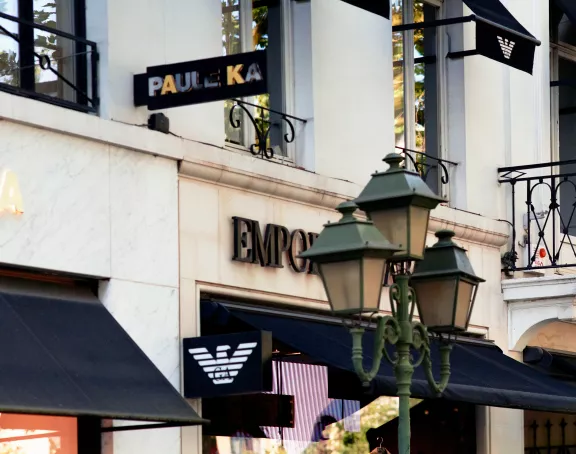Court of Justice: Suppliers of luxury goods may prohibit their authorised distributors from selling on third party internet platforms
On 6 December 2017, the Court of Justice rendered its much anticipated judgment in a dispute between a supplier of luxury cosmetics (Coty) and one of its authorised resellers. The central question was whether Coty is allowed under the competition rules to forbid its resellers to sell Coty products over third party internet platforms with visible logos (like eBay or Amazon).
The Court of Justice ruled that such an “online platform ban” is not incompatible with EU competition law. The Court ruled that online platforms bans can be appropriate in the context of a selective distribution system provided such bans do not go beyond what is necessary to preserve the luxury image of products.
Judgment
This ruling will be welcomed by luxury brand owners. The Court of Justice confirms that suppliers have considerable freedom under EU competition rules to design their (selective) distribution networks as they see fit. The Court's judgment largely follows previous case law indicating that selective distribution systems, which are mainly intended to preserve the ‘luxury image’ of products are not necessarily caught by the cartel prohibition. This is the case where such selective distribution systems meet two criteria: (1) the resellers are chosen on the basis of objective criteria of a qualitative nature which are determined and applied uniformly and (2) the criteria established do not go beyond what is necessary for the preservation of the special character of the products supplied within the selective distribution system (e.g. their luxury image).
In its judgment, the Court of Justice ruled that online platform bans in such selective distribution networks can be an appropriate and necessary means to preserve the luxury image of products sold. Such bans allow brand owners to ensure that the goods are sold in an online environment that corresponds to the brand owner’s qualitative standards. Consequently, an online platform ban within a selective distribution network, in principle, does not restrict competition. By contrast, the Court reiterates that an absolute online sales ban imposed on retailers (which for example also prohibits retailers from selling via their own online shops) will not be legal unless objectively justified [see the Court of Justice judgment in Pierre Fabre].
Implications
The Coty-judgment ends a period of uncertainty over the legality of online platform bans under EU law, which has been the subject of divergent interpretations by the national competition authorities and courts. In Germany, the national competition authority had ruled that online platform bans tend to restrict competition [see our February 2016 Newsletter]. Conversely, a Dutch court had recently ruled that a brand owner was allowed to impose an online platform ban on its authorised distributors [see our November 2017 Newsletter]. Following the ruling of the Court of Justice, a remaining point of uncertainty arguably lies in what may qualify as a ‘luxurious’ good.
In any event, the ruling in Coty should make it easier for luxury brand owners to create pan-European selective distribution systems, without worrying too much about divergent interpretations of the competition rules by national courts and authorities in different EU Member States. Online platforms like eBay or Amazon, however, will not be pleased with the outcome of this case. They may see more brand owners prohibiting their authorised retailers to sell via third party online platforms.
This article was published in the Competition Law Newsletter of January 2018. Other articles in this newsletter:
1. Court of The Hague confirms that the ACM can copy mobile phones during an inspection
2. Court of Justice dismisses appeal by Telefónica on non-compete clause in telecoms transaction

